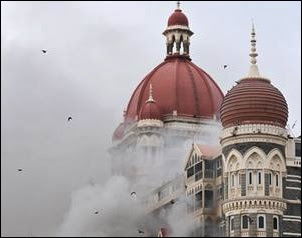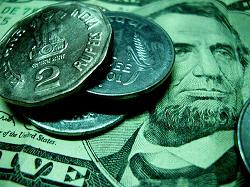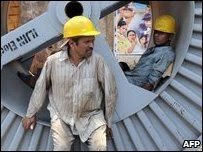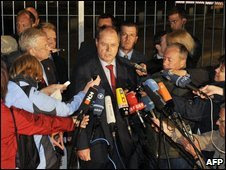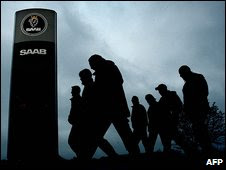
Indian bourses progressed rapidly with key indices Sensex and Nifty hitting nearly ten-month highs as investors were heartened by new UPA Government's economic agenda, unveiled by President Pratibha Patil in the week under review.
The markets achieved new highs in sustained volatility and the Sensex closed past the 15,000-psychological level for the first time since 2nd September, 2008.
Accentuated interest of investors in second-line stocks pushed up the Smallcap and Midcap indices by a whopping 7.88 per cent and 6.98 per cent, respectively, outperforming the bellwether Sensex.
In the week to 6th June, the 30-stock BSE barometer ended the week at 15,103.55, a net rise of 478.30 points, or 3.27 per cent, over the week.
Investors were virtually confident that the economic reforms will get a strong push in the first year in the light of a political stability in the country.
Addressing Parliament on 4th June, Patil disclosed that the Government would focus on revival in economy which has already showed signs of recovery with a good expansion in the manufacturing activity in May 2009.
Patil said the government will focus on reforms in financial and infrastructure sectors as also disinvestment of public sector undertakings while sticking to fiscal prudence.
India's infrastructure sector output grew 4.3 per cent in April, indicating a gradual economic recovery.
Inflation, too, remained low at 0.48 per cent for the week ended 23rd May.
The broader 50-share Nifty of the National Stock Exchange advanced by 137.95 points, or 3.10 per cent, to end the week at 4,586.90 from its previous weekend's close.
Foreign Institutional Investors, the principal market moving factor, remained consistent net buyers in equity.
Hence, the capital inflows in equity stood at USD 427 million in the initial four days of the week.
Analysts said the market is strongly bullish and may witness a pre-Budget rally.
The full Budget is likely to be presented on 3rd July by Finance Minister Pranab Mukherjee.
Sectorial indices such as the BSE Consumet Durables Index soared by about ten per cent and the BSE Capital Goods index by 8.40 per cent.
The trading volume for the week was high at Rs 1,30,005 crore on the NSE and Rs 45,288 crore on the BSE compared to Rs 1,11,845 crore and Rs 36,674 crore respectively.




